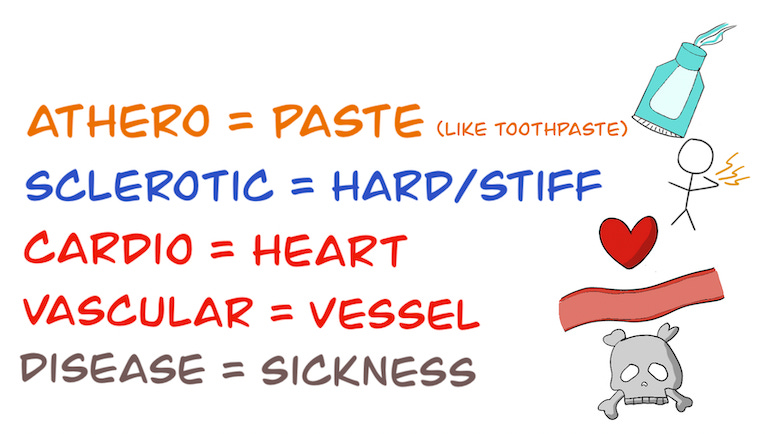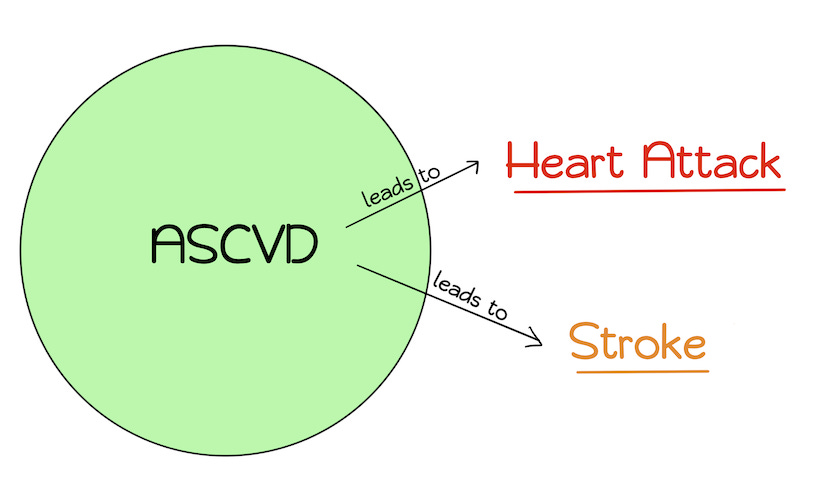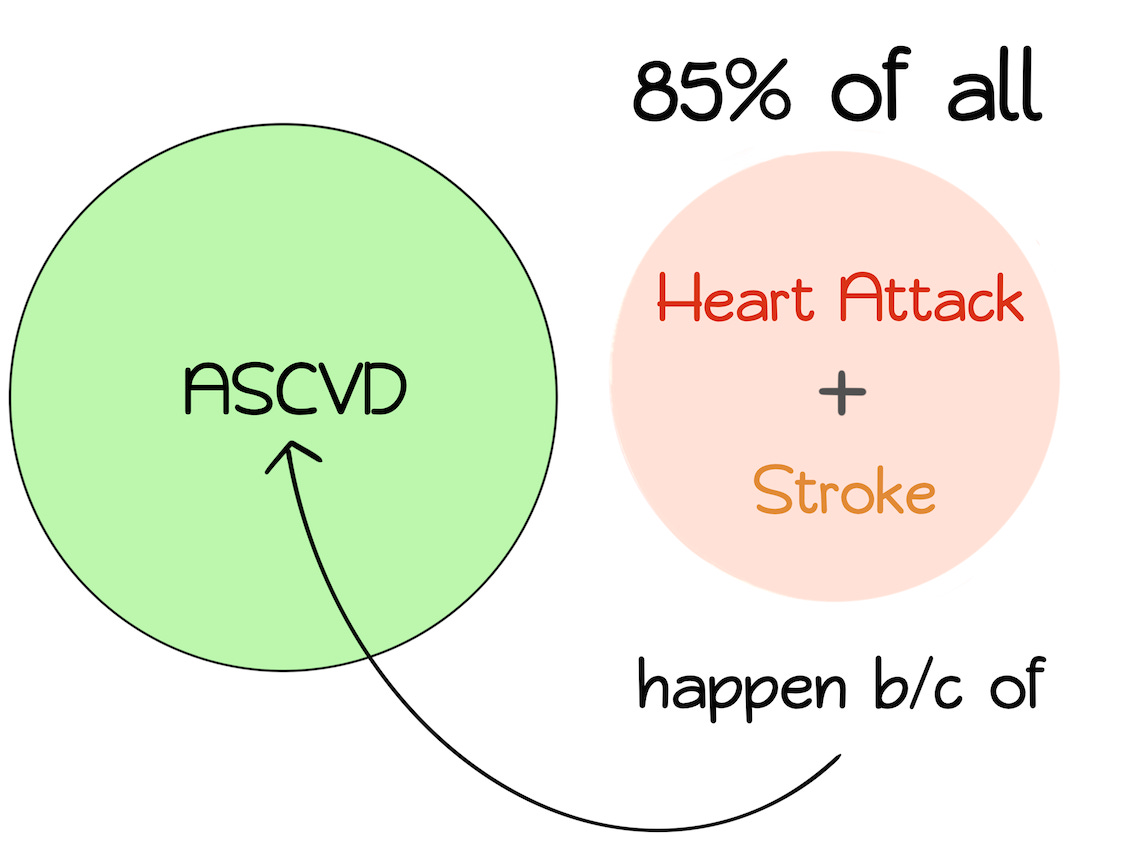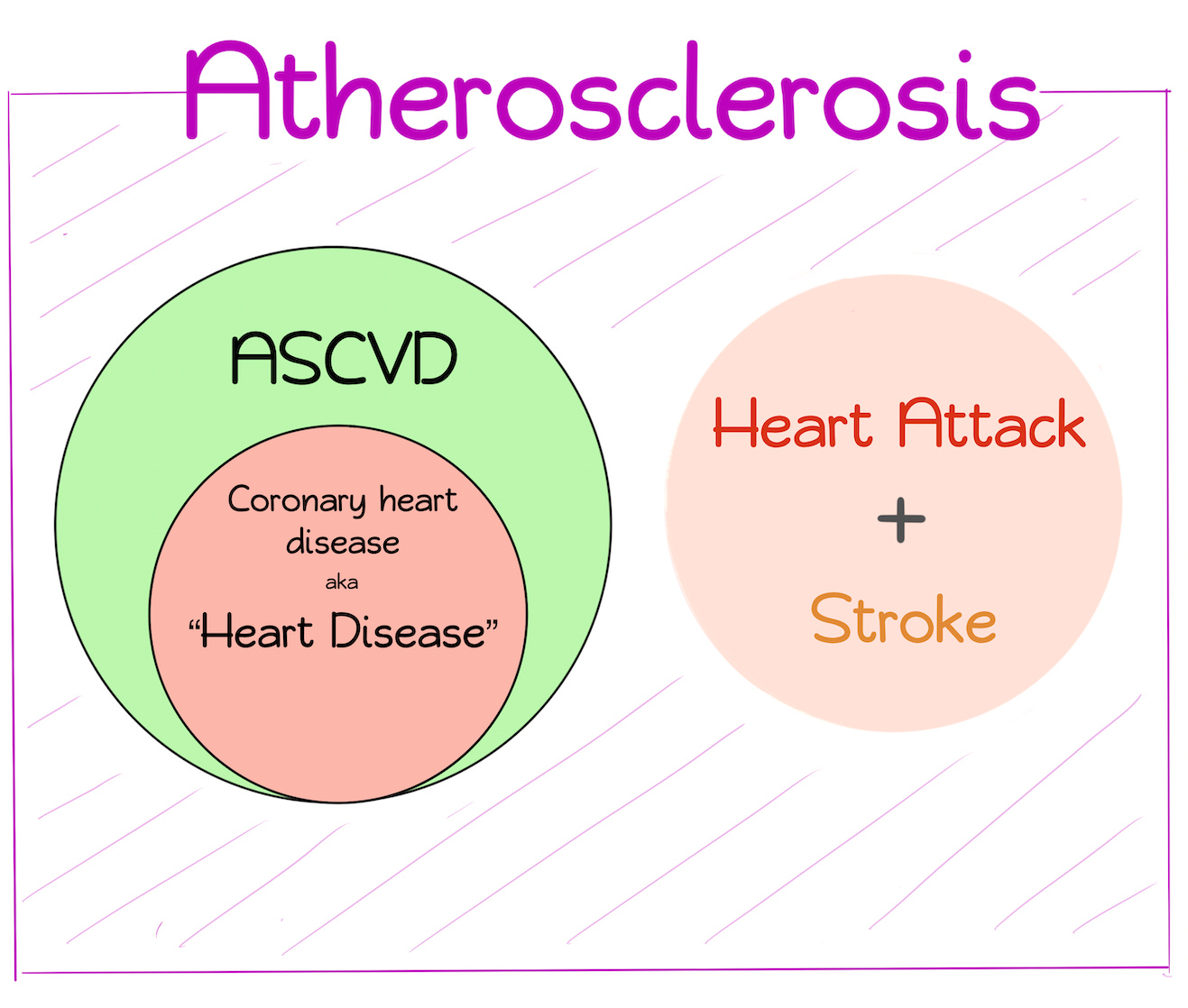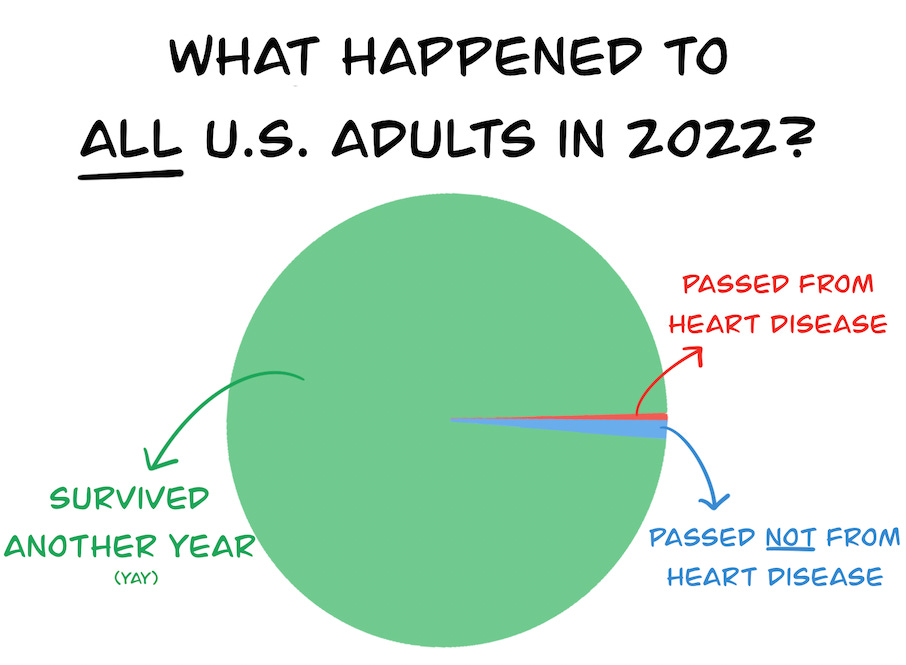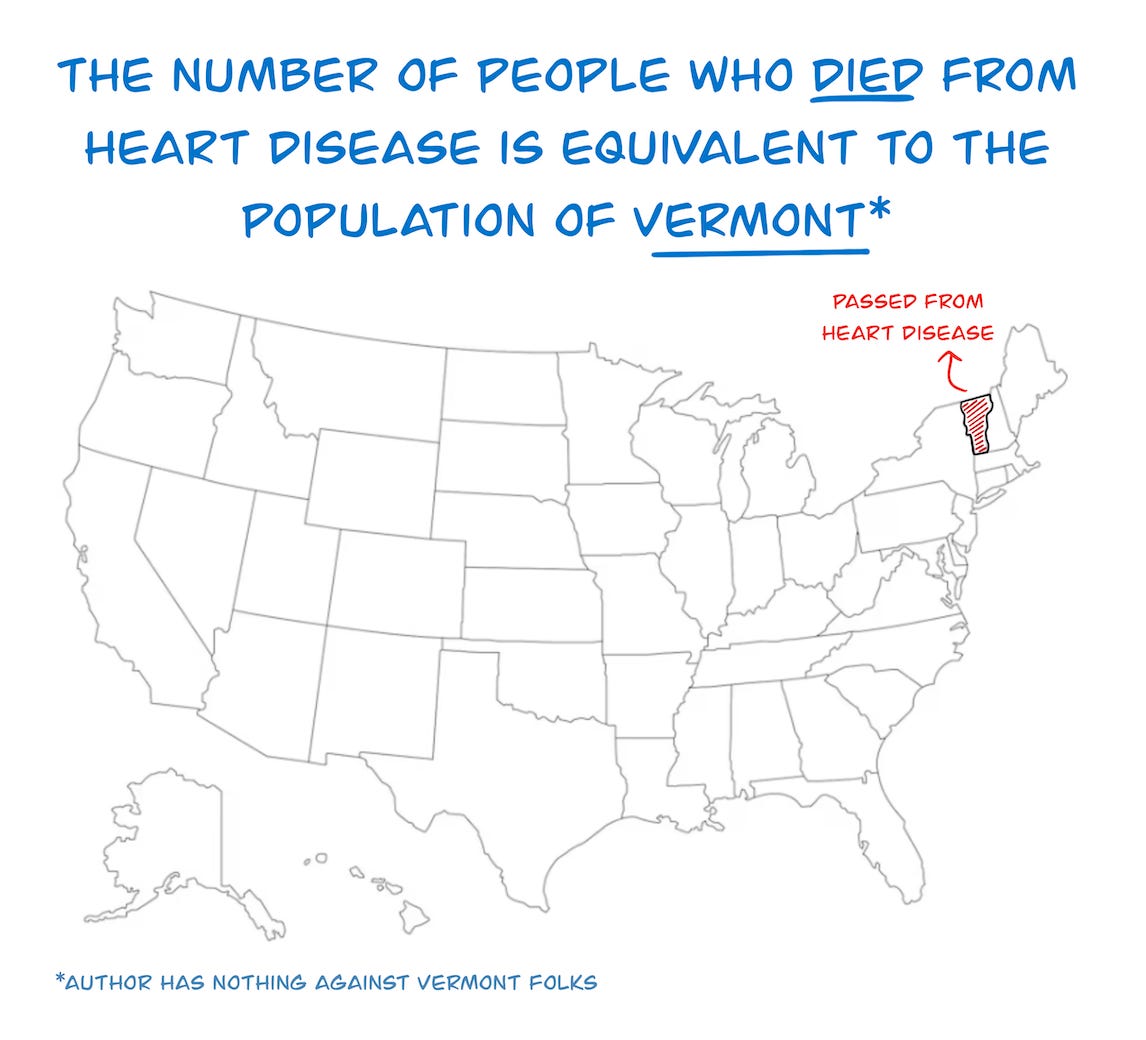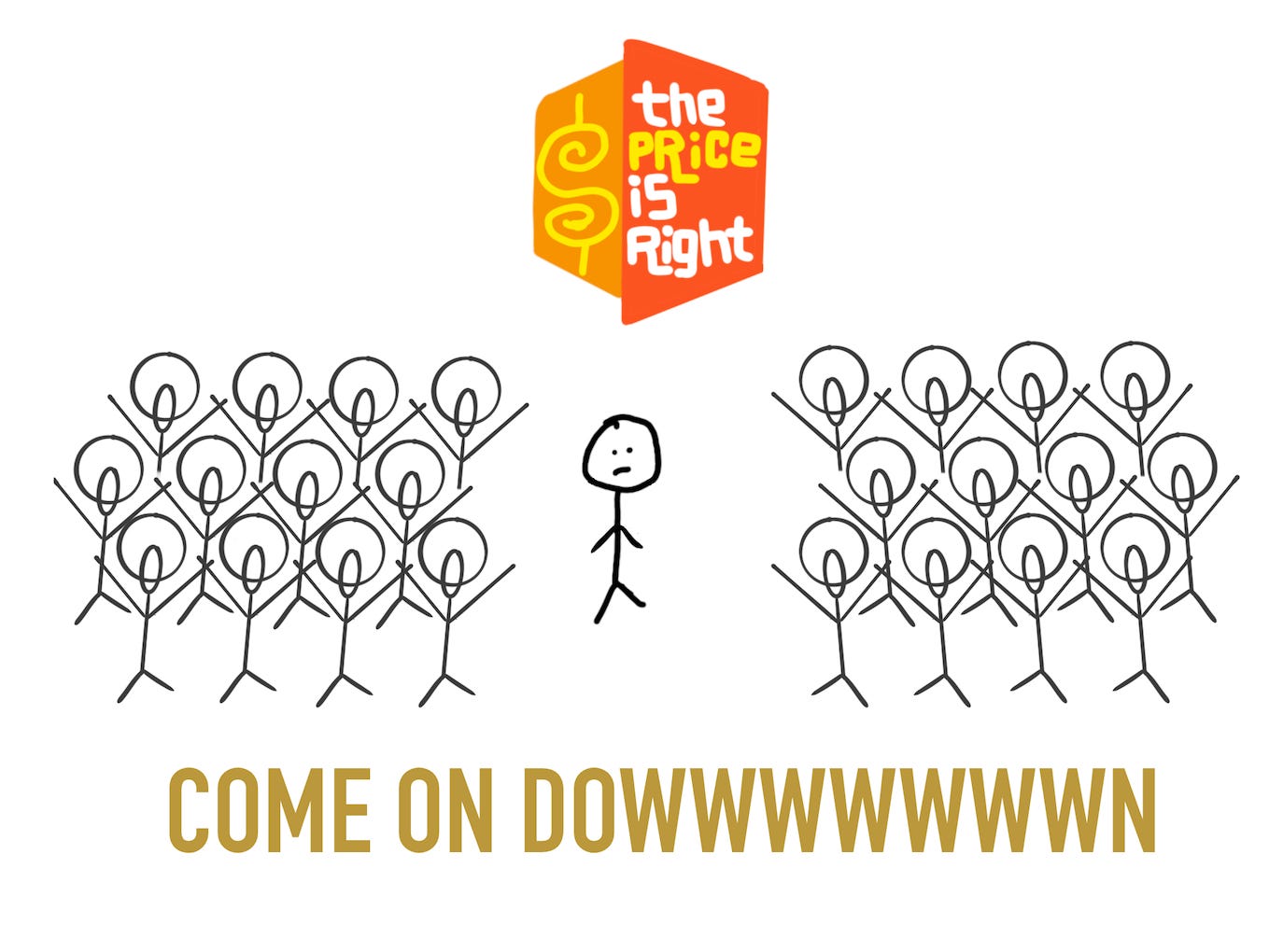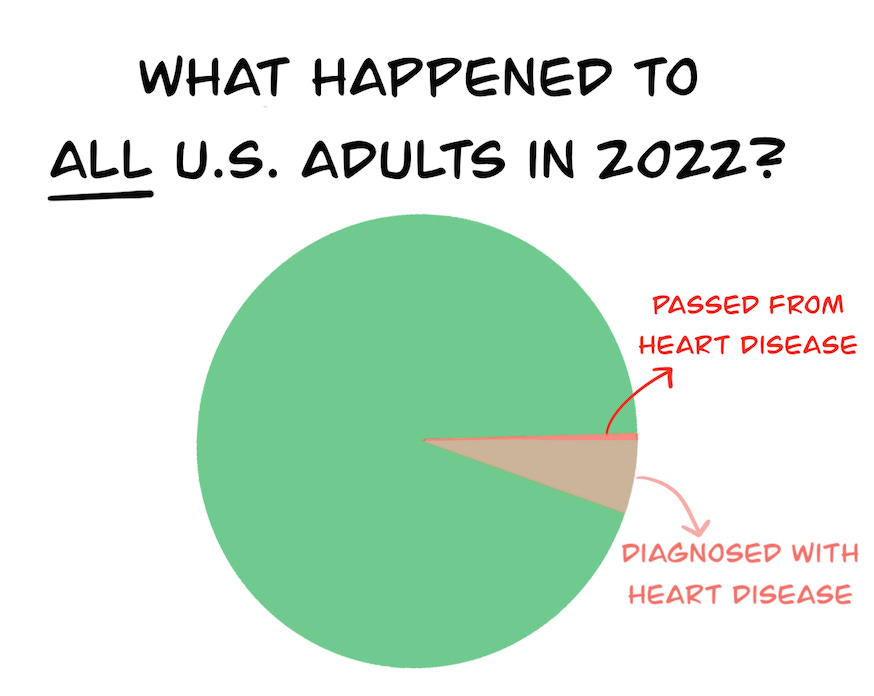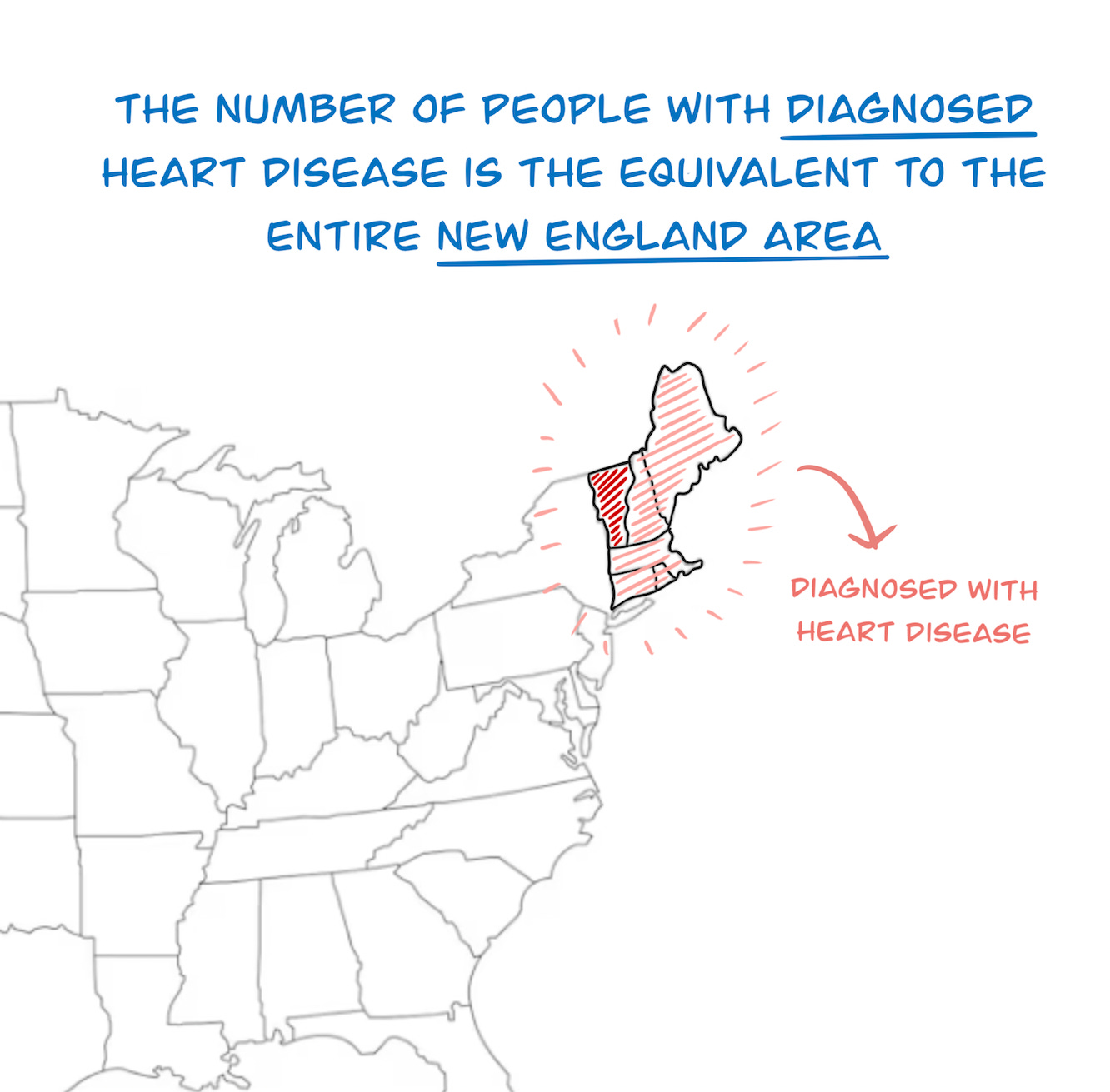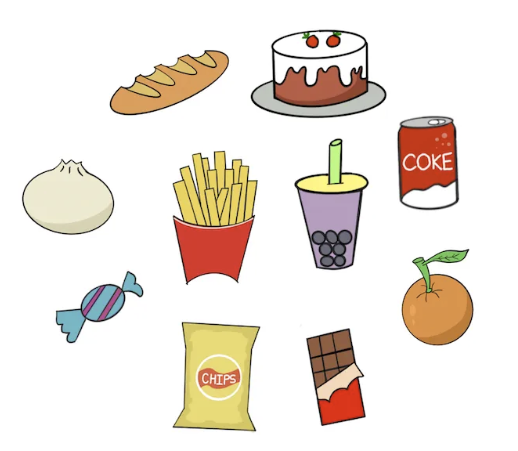Today we’ll be starting a new series where I’ll be discussing the #1 thing that’s killing us worldwide.
And that is heart disease. More broadly, it’s a group of diseases called ASCVD.
I know. The topic of “why any of us are going to die” isn’t something you want to bring up at your next dinner party. But given it’s importance, we should probably talk about it.
So should you be worried? Should I be worried? And if so, should we worry about it now or later?
After reading this series, you will understand:
- What ASCVD and atherosclerosis is.
- Why we even care about measuring our cholesterol in the first place.
- What an “ApoB” is and why we should strongly consider testing for it alongside our cholesterol.
- Why good lifestyle habits such as exercise, diet, and not smoking is actually good for cardiovascular health.
- Why medications may be warranted for some, despite being a “healthy” individual.
- Overall, the best way (according to scientific literature) to prepare ourselves against the leading cause of death.
Without further ado, let’s dive in.
Table of Contents (for today)
- What is ASCVD?
- The Stats (aka why even care?)
- What is Atherosclerosis?
What is ASCVD?
Let’s first define what ASCVD is.
ASCVD stands for atherosclerotic cardiovascular disease.
…which sounds like a bunch of mumbo jumbo. So let’s break it down:
In other words, a “toothpaste–like” substance in your blood vessels, especially the ones surrounding your heart, causes it to be stiff and hits you with the sickness.
And supposedly, this is the #1 reason why any of us will die.
So now you’re like
“Okay… But can you explain to me like I’m five?”
Basically, what we’re talking about here are heart attacks and strokes.
And that’s because the majority of heart attacks and strokes (85%) are directly caused by ASCVD.1
Now the most common ASCVD is the one that pertains to the heart called coronary heart disease2, which we will now just refer to as heart disease for simplicity sake.3
And unsurprisingly, heart disease is what causes the majority of heart attacks (and deaths).
And all of these are rooted in the same problem of something called atherosclerosis.4
Now I know you’re still thinking:
‘Athero-wha?’
You can largely think of atherosclerosis as a plumbing issue.5
The blockage we’re referring to occurs in our blood vessels (specifically, our arteries), and they are caused by those aforementioned “toothpaste-like” substances that we refer to as plaques. And it’s this overall plumbing issue at hand that we call atherosclerosis.
Atherosclerosis in turn then leads to → ASCVD → heart attacks6, which are often fatal and leads to sudden cardiac death.7 And voila, there you have it – the #1 thing killing us worldwide.
So in essence, what we’re talking about today is your plumbing. And no surprise, taking care of your plumbing is very important.
In summary:
ASCVD = cardiovascular disease due to atherosclerosis (a plumbing issue), and causes the majority of heart attacks and strokes.
If we can control our plumbing (atherosclerosis), we can decrease our chances of heart attacks, strokes, and death.
The Stats (aka why even care?)
Next, let’s take a look at the statistics for coronary heart disease (remember: heart disease = heart attack).8
(*Disclaimer: we’re gonna just go ahead and rip the bandaid off as we casually talk about death. So buckle up and get comfy).
Here’s why anyone died in the U.S. in 2022:9
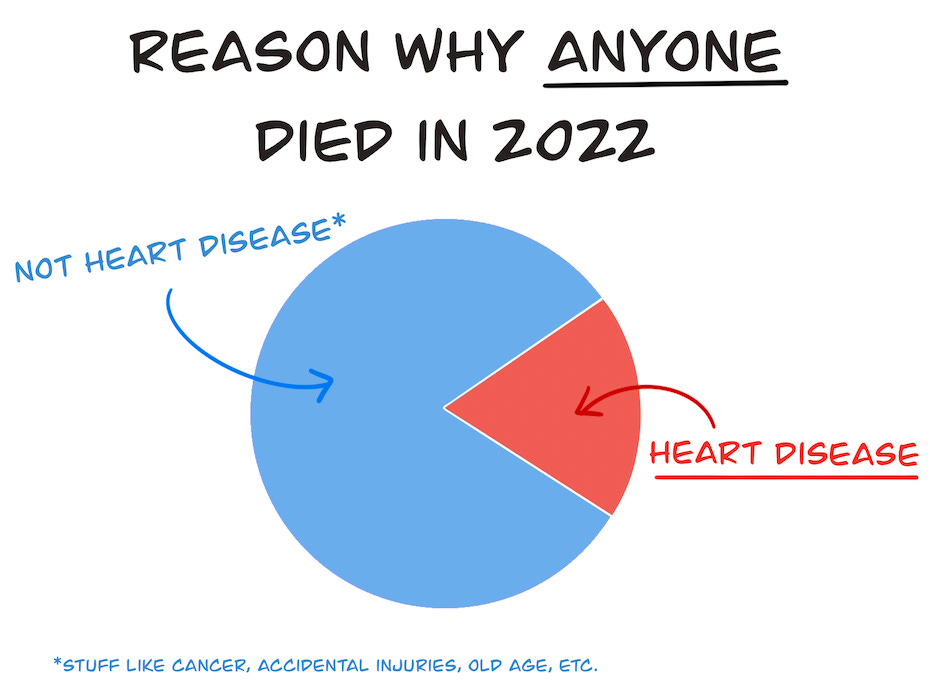
Heart disease occupied about ~20% of the pie.
This is interesting because for it being #1, there were still 80% other reasons why anyone kicked the bucket in 2022.
I mean for it being #1, did you think it would’ve been a much bigger piece of the pie? (It is “numba one” after all).
In fact, let’s take a look at what happened to every single U.S. adult in 2022:
That red sliver representing ASCVD deaths now looks teeny-tiny compared to the rest of us living today.
To illustrate this point even further, this is like congregating everyone in the U.S. who died from heart disease last year, and squeezing them into the state of Vermont:
Alternatively, you had a much higher chance being involved in some car accident last year than to die from heart disease.
You were still 3 times more likely to actually get called on Price is Right when you were on set (3.0% chance).10
And 3 times more likely to randomly show up to a casino and turn $100 into a whopping $3500 on a single roll of roulette (2.7%) than to die from ASCVD.
You get the point.
For it being the #1 cause of death, it seems pretty unlikely then that I’m gonna die from heart disease, right?
Then factor in that there’s someone out there probably much unhealthier than I am, and doesn’t this suddenly seem like a rather trivial issue to care about?
Here’s some food for thought on why we should potentially care about heart disease and ASCVD now.
- Unpredictability. We can all admit that a cardiovascular event is… well, freaky. It’s that sudden nature of a heart attack, or a stroke, or even an aneurysm that not only seemingly comes on without any warning, but is also often fatal11 that shakes us to our core when we hear about it. Then, add to the fact that we sometimes hear about even seemingly healthy people getting heart attacks (ex. during exercise), and we can admit that something about this is rather unsettling.
- Prevention. More practically speaking, if there was nothing we can do about ASCVD, then it’s probably not worth talking about much at all – since we then, you know, just succumb to our inevitable doom. But the fact of the matter is, we can do something about it. We can screen for it (I mean we only get our cholesterol checked literally every single time we go to the doctor’s). We can also manage atherosclerosis12 with some good habits and medications. All of this can make prevention really important (like super important), and could very well end up saving you or your loved one’s life.
- Spectrum. Just like insulin resistance, the process of atherosclerosis is a spectrum. As we will later discuss, atherosclerosis actually starts early in life.13 The worse it gets, the more debilitating it becomes.14 And since atherosclerosis is highly correlated with other chronic diseases (ex. diabetes and cancer), we’re talking about trying to prevent the conditions that will impair our quality of life. So if we really care about our health, we essentially wouldn’t want to wait until the last minute with ASCVD to finally do something about it.
In fact, so far we only talked about those who died from heart disease last year.
But what about those with diagnosed heart disease last year?
A whopping ~5-6% of all U.S. adults went to see a doctor or was seen in the Emergency Room in 2022 with confirmed heart disease (vs. 0.5% deaths).1516
Vermont isn’t big enough anymore and the amount of people needs to be squeezed into the entire New England area:
Suddenly, this doesn’t seem like such a trivial issue anymore.
What is Atherosclerosis?
At this point, you’re probably thinking
“Ok, so what exactly is atherosclerosis again?”
We’ll get a bit granular here to further our understanding.
To do this, we need to first address the elephant in the room:
Cholesterol.
When we hear the word “cholesterol,” our minds immediately jump to ‘something bad.’
And why wouldn’t we? We’ve only got harped on about our cholesterol levels since… well, forever. There’s been much emphasis to keep it down below that magical “200” number.17
Well, what you should know about cholesterol is this:
Cholesterol is vital to our life and to our existence.
Wait, what?
Yes, you read that right. Without cholesterol, we wouldn’t be sitting here having this chat over the internet.
Cholesterol is a key component of the structural integrity of our cells (called the plasma membrane). No cholesterol = no cells. And no cells = no life.18
We would simply cease to exist. Life would cease to exist. Thus, the presence of cholesterol is integral to life itself.
Yet, cholesterol is the culprit for atherosclerosis.
Hopefully, the irony hasn’t been lost on us that the thing essential to life is also the #1 thing that’s killing us.
…so then what gives?
Well, the problem with cholesterol occurs when it mistakenly gets spilled into the walls of our arteries.
And how it spills over into the arterial wall is what we’ll talk about in our next post.
Thanks for reading!


